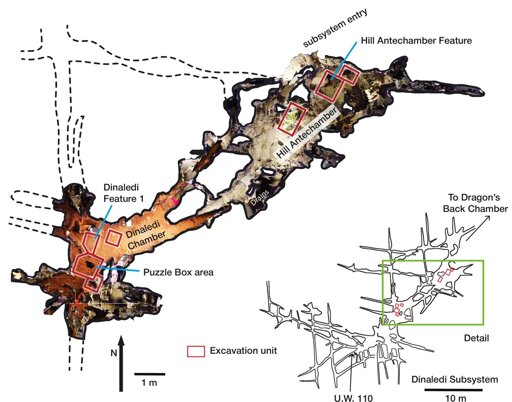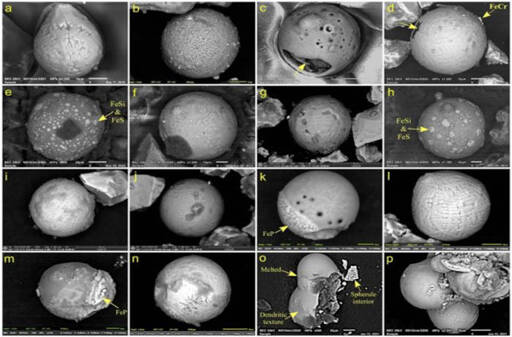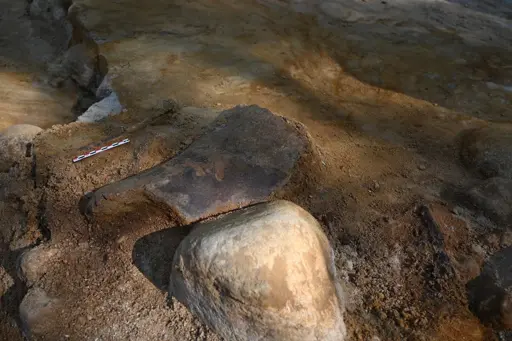The Barrowbird’s Barrow is not a nest or a home, think more like a box from which a potential mate will watch him do a little one man show. It’s a temporary display.
- 129 Posts
- 246 Comments
Totally off base for the meme anyway since the Barrowbird’s Barrow is not the equivalent of a house/nest and is much more akin to a little opera box from which the potential mate will watch him perform a little dance.

 452·2 天前
452·2 天前Probably because zionists are working so hard to keep the two terms synonymous. That’s not a justificatory reason to continue to actively support a genocidal state politically.

 1·3 天前
1·3 天前Here is level 1. If someone agrees to be my lemmy workout buddy I’ll share level 2;) There are 3 levels but I’ve never finished level 3 it’s too hard I just start over level 2.


 2·3 天前
2·3 天前I enjoy trying to keep walks just below the sweating point, glad to see I’m not the only one paying attention to this ha

 1·3 天前
1·3 天前Visible ones are, but strong abdominal muscles are good for other things like back support and that bit is not made in the kitchen!

 31·3 天前
31·3 天前Being shitty is much easier and takes much less effort so it prevails wherever people don’t collectively resist it.

 4·3 天前
4·3 天前Caveat that I don’t weigh a lot and am girl, but gym people are always incredulous when I tell them I get visible abs by doing 15 min of floor exercises every 2-3 days.
I’ve fallen out of the habit lately and this post is motivating me to put in the effort!

 28·3 天前
28·3 天前Exactly what Charlie Kirk would want! More censorship!

 9·5 天前
9·5 天前I know someone who miscarried on the toilet. She wanted the pregnancy. I can’t imagine her having to deal with a trial over it like the two women mentioned in the article did on top of grieving the loss.

 2·5 天前
2·5 天前Agreed it’s validating that systems theory seems to back the idea that small purposeful steps are not only easier but more efficient overall vs reforming an existing complex system. If we keep in mind scalability and interoperability we can attack issues like water or food distribution one step at a time and expand and connect as the network grows. If someday that network starts to fail for whatever reason we do it again from the ground up.

 3·5 天前
3·5 天前History filler
you mean examples?!
I found it quite thoughtful and timely
Edit: This was supposed to be a reply but it seems awkwardly late to fix so I’m leaving it be.

 9·5 天前
9·5 天前Depends on the context, but almost always a strawman imo.
Evil is simpler and easier to pull off than good (because you don’t have to value everyone in your equation), so “reasonable” compromises with evil compounded enough times leads to some pretty evil outcomes.

 7·6 天前
7·6 天前Still remind them that they are being treated like idiots. I feel this may be a useful way to get through to them. No one likes being treated like an idiot. I think this is part of why many on the right are unwilling to let go of epstein. They’re being asked to ignore clear corruption and being told they’re stupid just for believing what is in front of them.

 50·6 天前
50·6 天前These guys really treat the right as idiots. Please gently remind any right-leaning acquaintances of this if you can. Remind them to use their eyes and ears.
How to know when you’re being manipulated for someone else’s ends 101. Elon Musk is no one’s friend.

 10·6 天前
10·6 天前Building systems to purpose and expanding them rather than trying to untangle and rearrange existing complex systems. Felt very anarchist. Grabbed some of my favorite snippets.
The systems that enable modern life share a common origin. The water supply, the internet, the international supply chains bringing us cheap goods: each began life as a simple, working system. The first electric grid was no more than a handful of electric lamps hooked up to a water wheel in Godalming, England, in 1881. It then took successive decades of tinkering and iteration by thousands of very smart people to scale these systems to the advanced state we enjoy today. At no point did a single genius map out the final, finished product.
But this lineage of (mostly) working systems is easily forgotten. Instead, we prefer a more flattering story: that complex systems are deliberate creations, the product of careful analysis. And, relatedly, that by performing this analysis – now known as ‘systems thinking’ in the halls of government – we can bring unruly ones to heel. It is an optimistic perspective, casting us as the masters of our systems and our destiny.
The empirical record says otherwise, however. Our recent history is one of governments grappling with complex systems and coming off worse.
Meanwhile, our successes, when they do come, are invariably the result of starting small. As the systems we have built slip further beyond our collective control, it is these simple working systems that offer us the best path back.




















I always imagine mushrooms as a hive mind